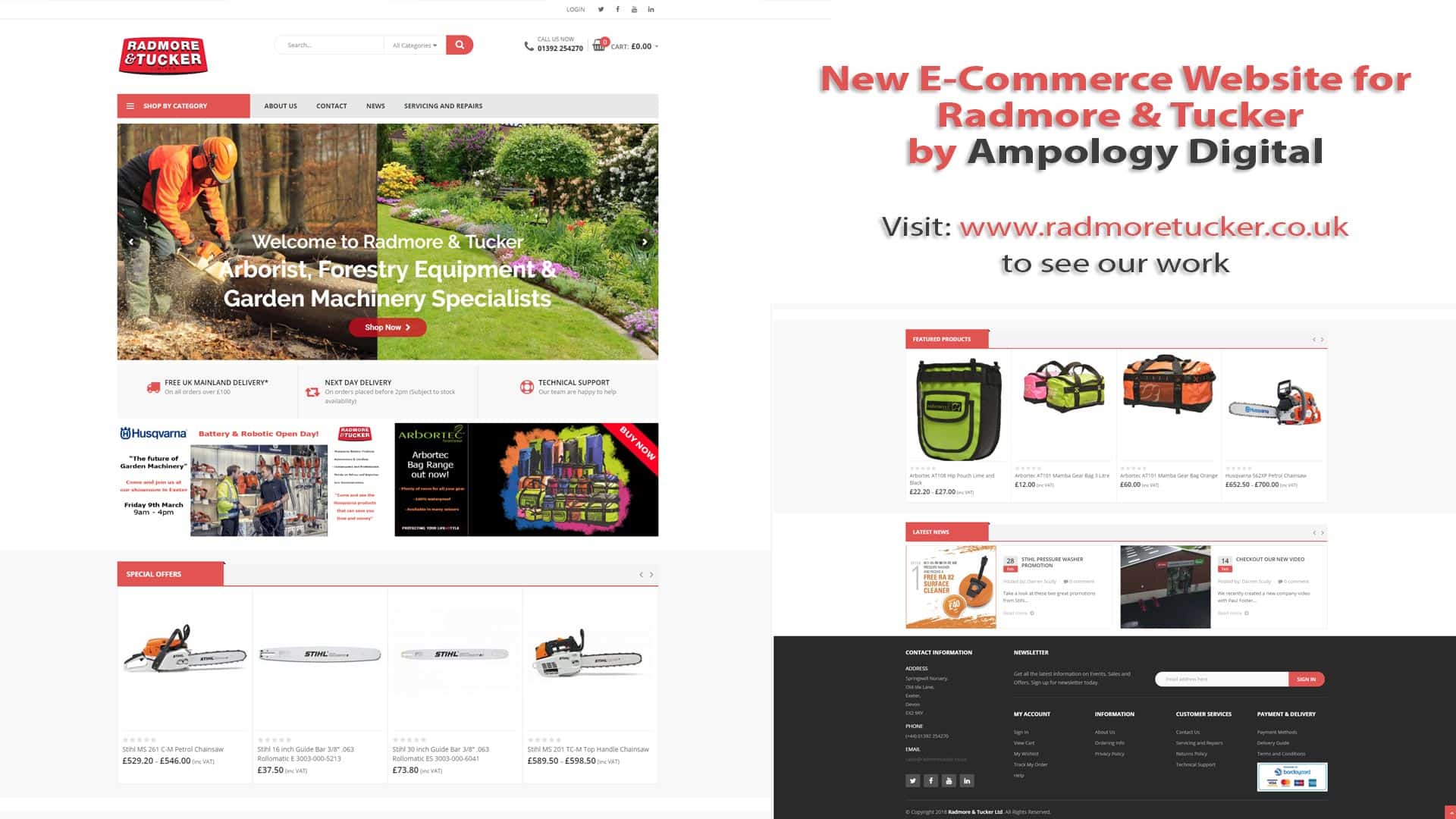This can seem like an obvious statement, but the way people shop and look for information has radically changed over the past few years. Many of us use the internet to research products and services before buying them on and offline.
With mobile devices giving instant access anywhere, reading reviews and researching before you buy is easier than ever. This is a marketer’s dream, and at Ampology we help businesses to fully understand their audience and the tools they need to maximise this potential.
One of the first steps is knowing your keywords and key phrases that visitors use to search. It is a vital activity if you want a successful website and SEO or PPC campaign. We cannot stress enough that poor keyword research can make all other activities ineffective, which results in poor ROI.
Knowing Keyword Intent
All keywords and key phrases have an intention. Whether it’s making a purchase, looking for a brand, or researching a topic, your audience will enter specific words to find the information they want.
If you aim to attract buyers to your website, you’ll need to know the phrases they’re using to find your brand, product or service. These are likely to be sentences of 3 or more words.
When a customer is searching for something they’re unlikely to use a single word. For example, “size 7 red shoes with black bows” is a great example of a targeted key phrase. With this example you’ll need to ensure that these exact words are contained in your web page title, heading, image tags, meta description and the body of your text content.
SEO Keyword Research
SEO keyword research requires a different approach to that used for PPC. You’re not concerned about paying for high competition keywords with SEO. You’ll want a mix of high, medium, and low volume keywords to increase your chances of ranking. You can use tools such as Google Keyword Planner to research monthly search volumes for your keywords and terms, and then use this research to craft your strategy.
Using long tail and short tail keywords or exact phrases in your content and tagging can drive a lot of free traffic to your site. Just remember visitors don’t just enter one word in the search engine. They type in a sentence.
PPC Keyword Research
The best type of keywords for PPC campaigns are long tail. You’ll get far fewer clicks, but they’ll be laser targeted.
Every keyword that’s clicked will cost you money, so using broad terms or short tails phrases could cost you hundreds of pounds and a less targeted audience. You may get a lot more visitors to your site, but they won’t be focused on a specific product or service. The chances of making a sale or conversion will be far lower. Using multiple long tail keywords laser targeted towards a product or service will yield much better results.
Why Testing and Tweaking Keywords can Skyrocket Conversions
The more you test keywords and tweak your SEO and PPC campaigns the greater your conversions and ROI. Researching how your competitors are using keywords can also give you an insight into your audience’s needs and buying habits. This is invaluable information as you can apply what works for your competition in your campaigns.
The process doesn’t end here. Its worth testing different strategies over time and analysing the analytics data to see what works best for your business.
If you think that you could benefit from keyword research, then get in touch today. We specialise in helping businesses to develop their keyword strategy to improve the results from their SEO and PPC campaigns.





